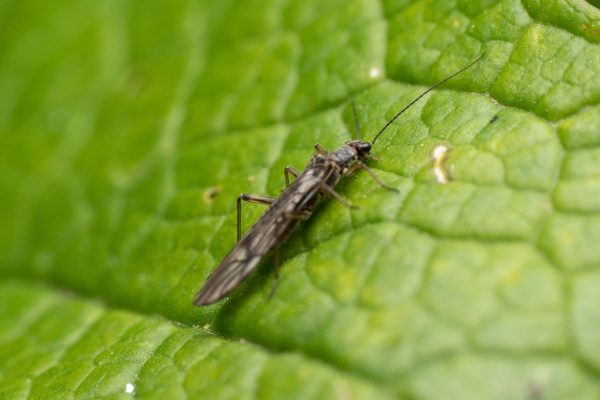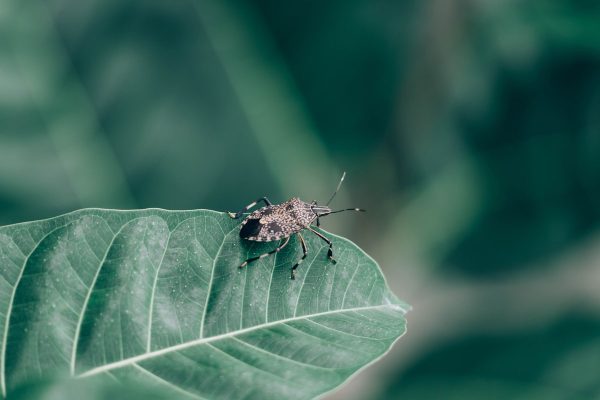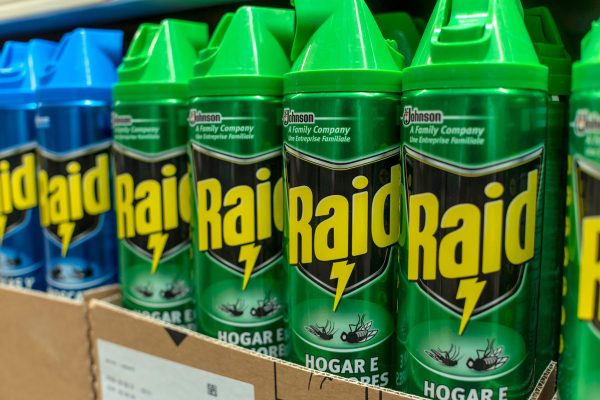Spider mites are indeed one of those destructive pests existing. They target all plants, which is why we need to eliminate them. Do you think Bonide systemic granules kill spider mites? We are curious about that, too! So, we have asked some experts and conducted thorough research to find the answer.
Yes, Bonide systemic granules can kill spider mites. All you have to do is isolate all the infected plants and dust them with Bonide granules every 14 days until you notice that there is already no webbing and the spider mites are gone.
Aside from spider mites, there are numerous pests that Bonide systemic granules or other Bonide pesticides can kill. And to know them all, it would be best to keep reading throughout the article. We might also be able to answer some of your additional questions. Please read on and enjoy!
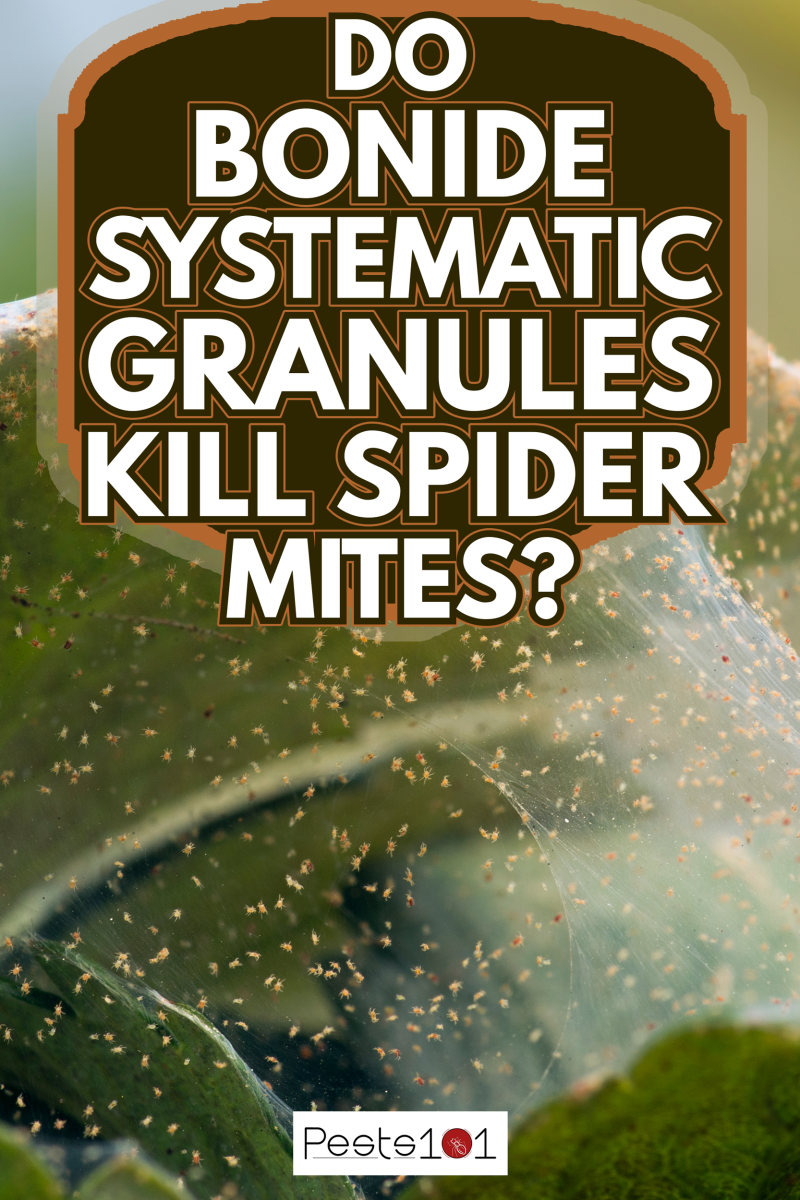
What Are Spider Mites?
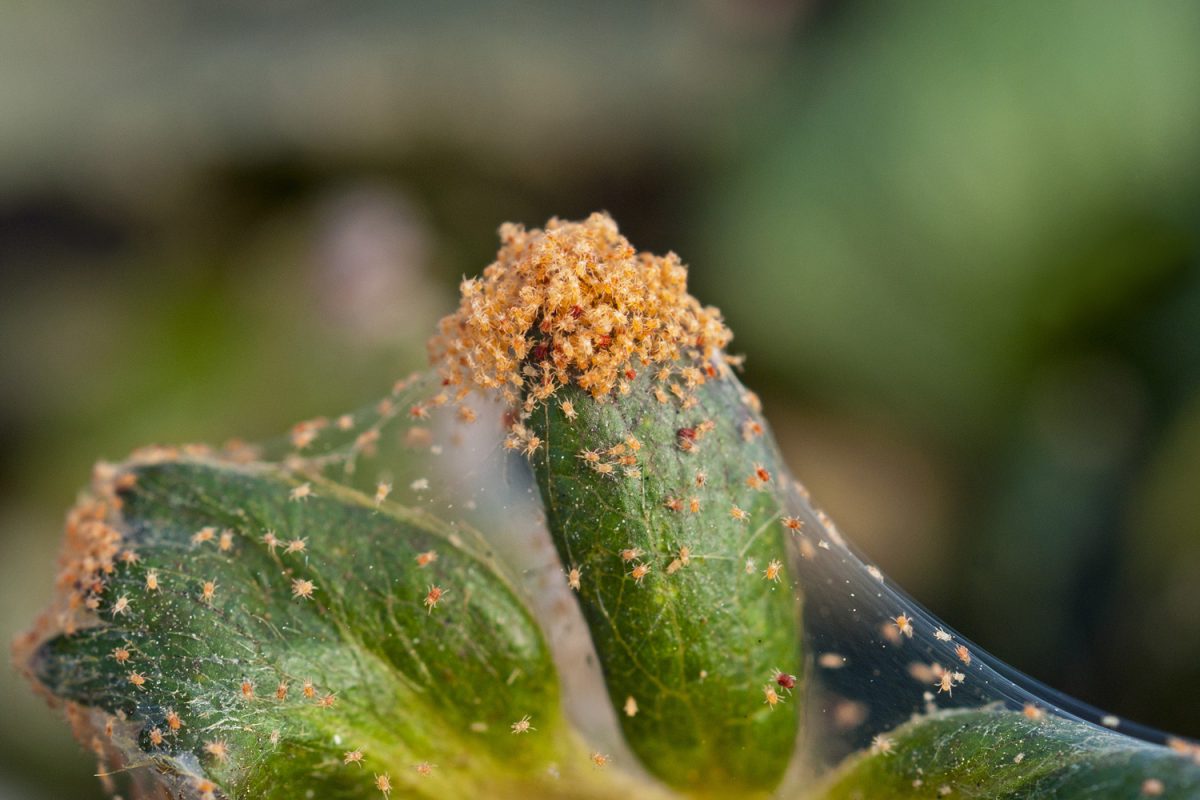
We cannot see spider mites clearly with only our naked eyes because they are too small. And these pests grow on water-stressed plants and in dry, hot surroundings.
What Do Spider Mites Eat?
Spider mites feed in the fluids of plants and spin webs, unlike predatory mites.
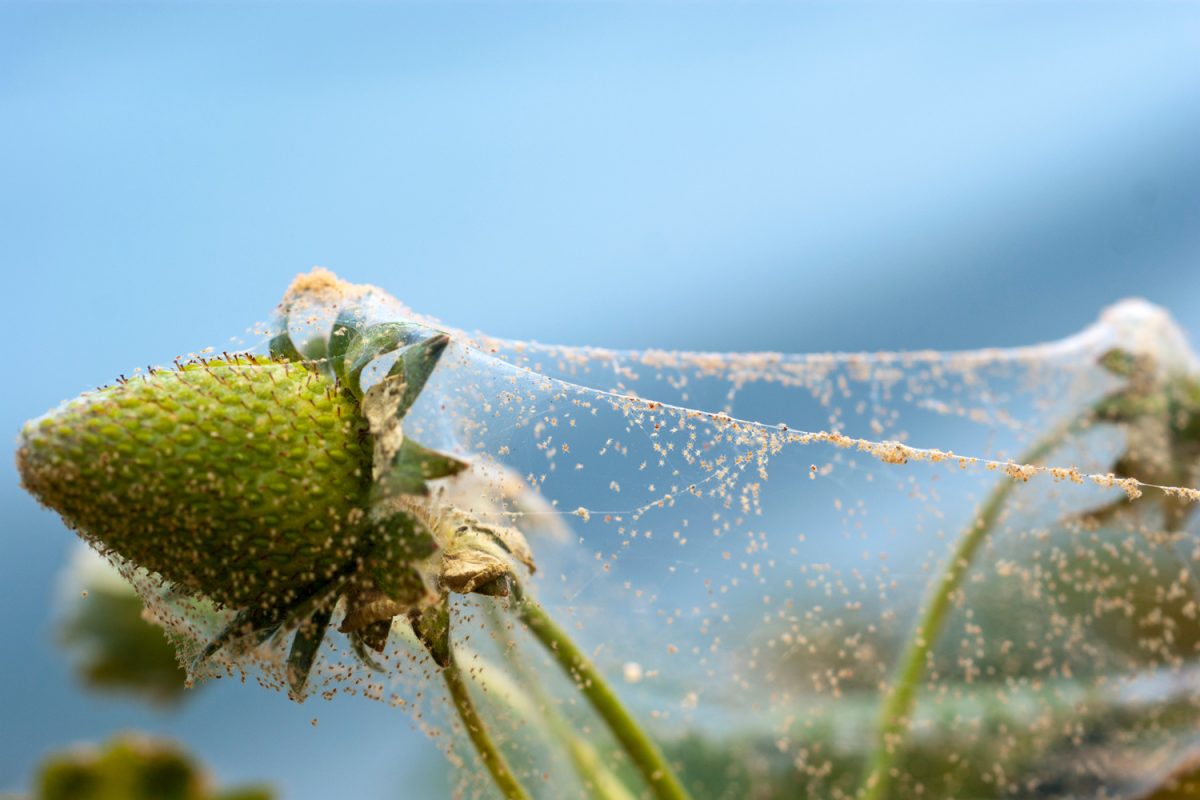
They target all plants but usually choose small fruits and fruit trees, tomatoes, roses, and cucurbits since those are their favorites.
Do Spider Mites Damage Plants?
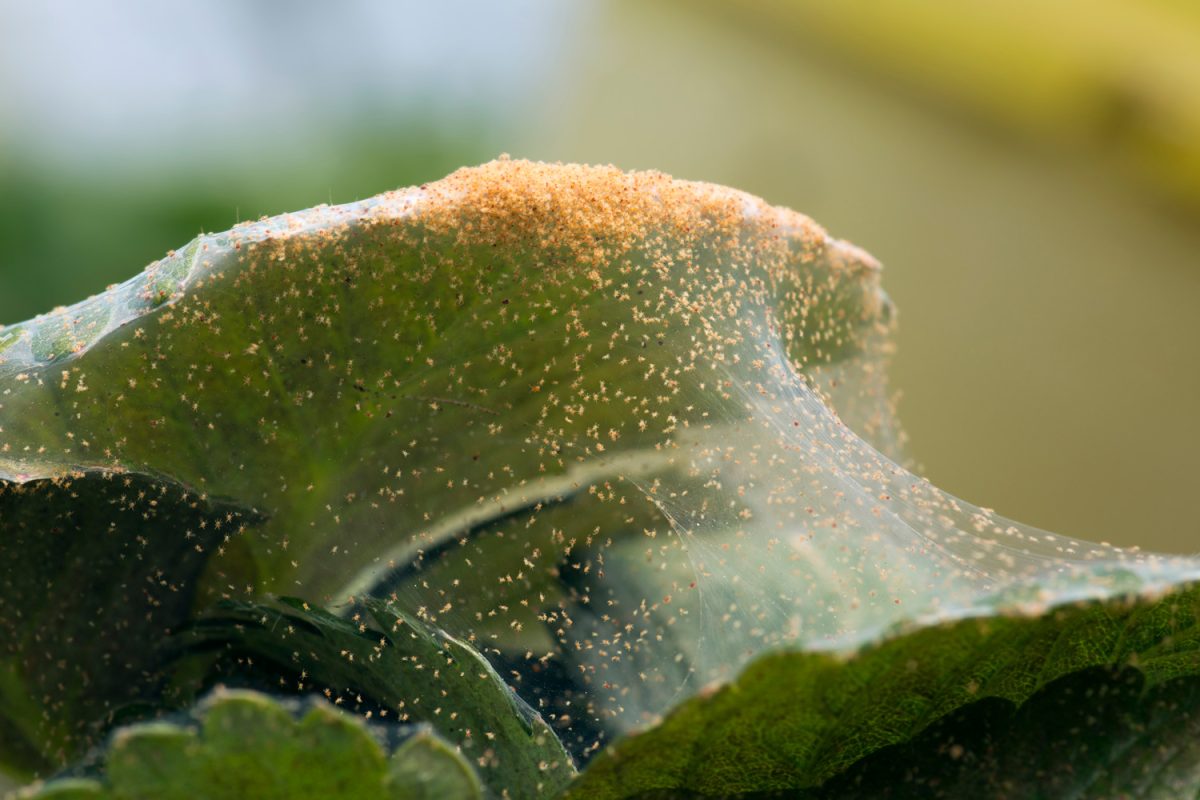
Due to the damage, the leaves become stippled with yellow or turn a bronze color. Webs can distort and cover plant components. Plants that spider mites have severely infested lose their vigor and may eventually perish.
What Is The Spider Mite's Life Cycle?
There are numerous generations per year; reproduction is ongoing all year in warm areas. Spider mites can overwinter on host plants as adults or as eggs.
How To Confirm The Existence Of Spider Mites?
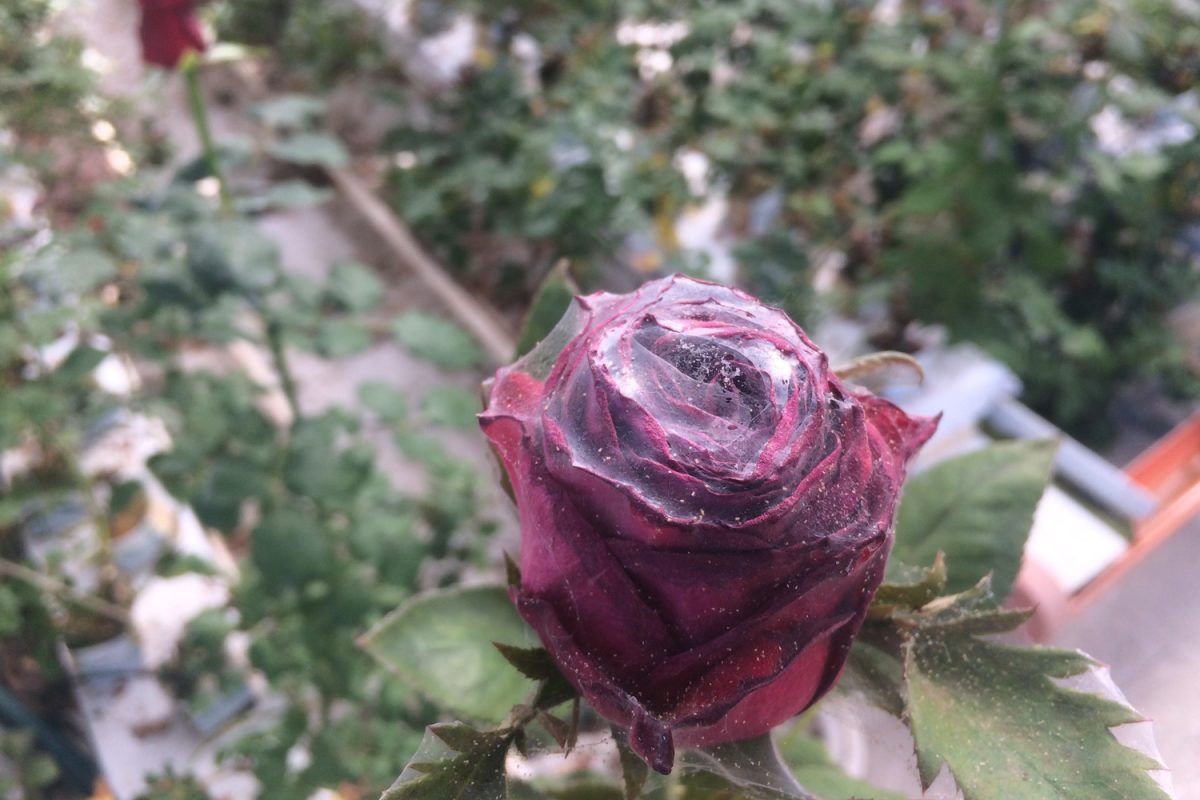
To start, you should hold a sheet of white paper beneath a leaf. After that, tap the stem roughly and see if any mites fall onto the white paper and move. Spray forceful jets of water to strike spider mites off their perches and mist plants to create an undesirable habitat for them.
Eliminating Spider Mites
You might need to sprinkle every 7 to 10 days if you utilize sulfur or oil. Spider mites are resistant to the majority of other pesticides. And because of their short life cycle, they can continue to reproduce even if their natural enemies are killed by pesticides.
However, Bonide systemic granules can efficiently work to get rid of spider mites.
Check out this Bonide systemic granules on Amazon.
Additional Houseplant Pests That You Can Kill Using Bonide
Aside from killing spider mites, Bonide can be extremely useful in getting rid of other pests. Don't let your houseplants struggle; check them regularly and use Bonide products to kill those stubborn pests.
1. Aphid
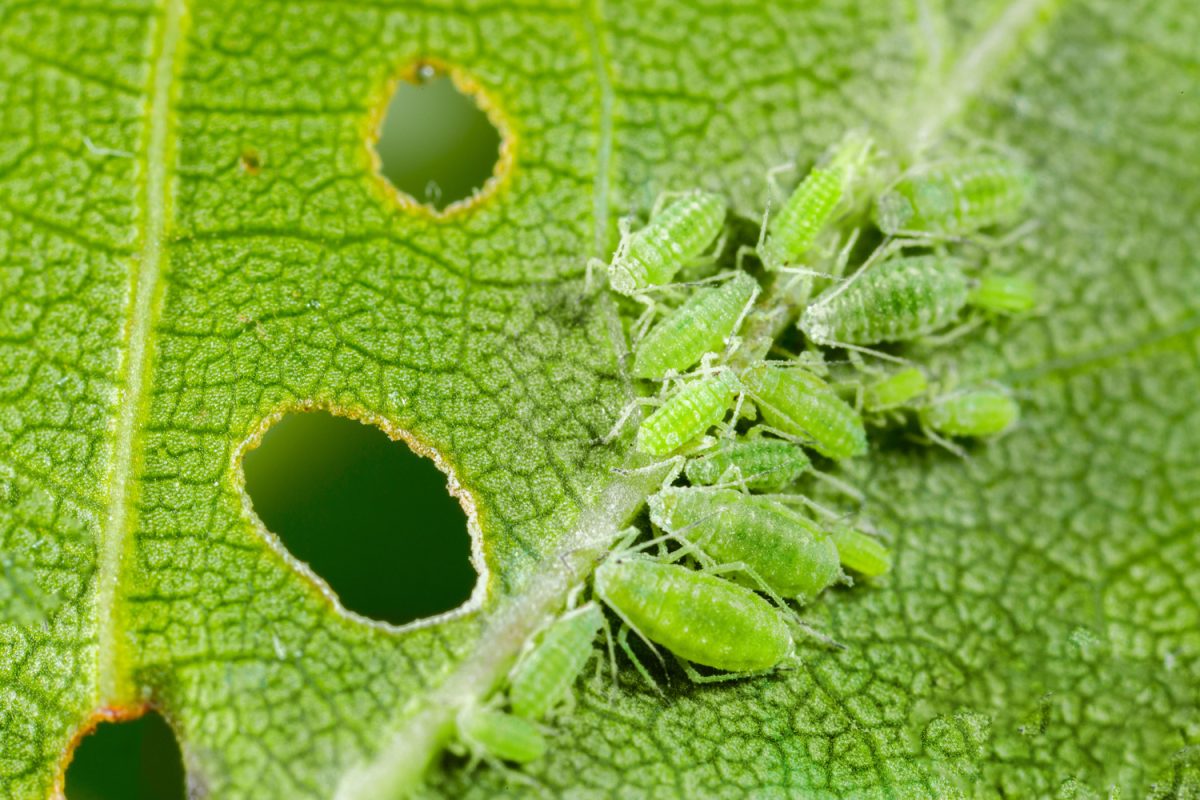
Aphids are pests that occur on any portion of a plant, such as little white, black, or green spots. The way they infest is that they puncture and drink sap from various sections of the plant. But aphids mostly prefer fragile newly grown and the lower parts of leaves.
Aphids proliferate swiftly. In addition, their infestation can be completed in just a few days.
You can kill aphids pretty effortlessly using Bonide insecticidal soap spray. All you have to do is spray Bonide to the external tips of your plants and on the bottom or underside of the infested leaves.
Repeat spraying Bonide within a week to guarantee that you got rid of all aphid eggs from your plants.
Check out this Bonide® insecticidal soap spray on Amazon.
2. Broad Mites
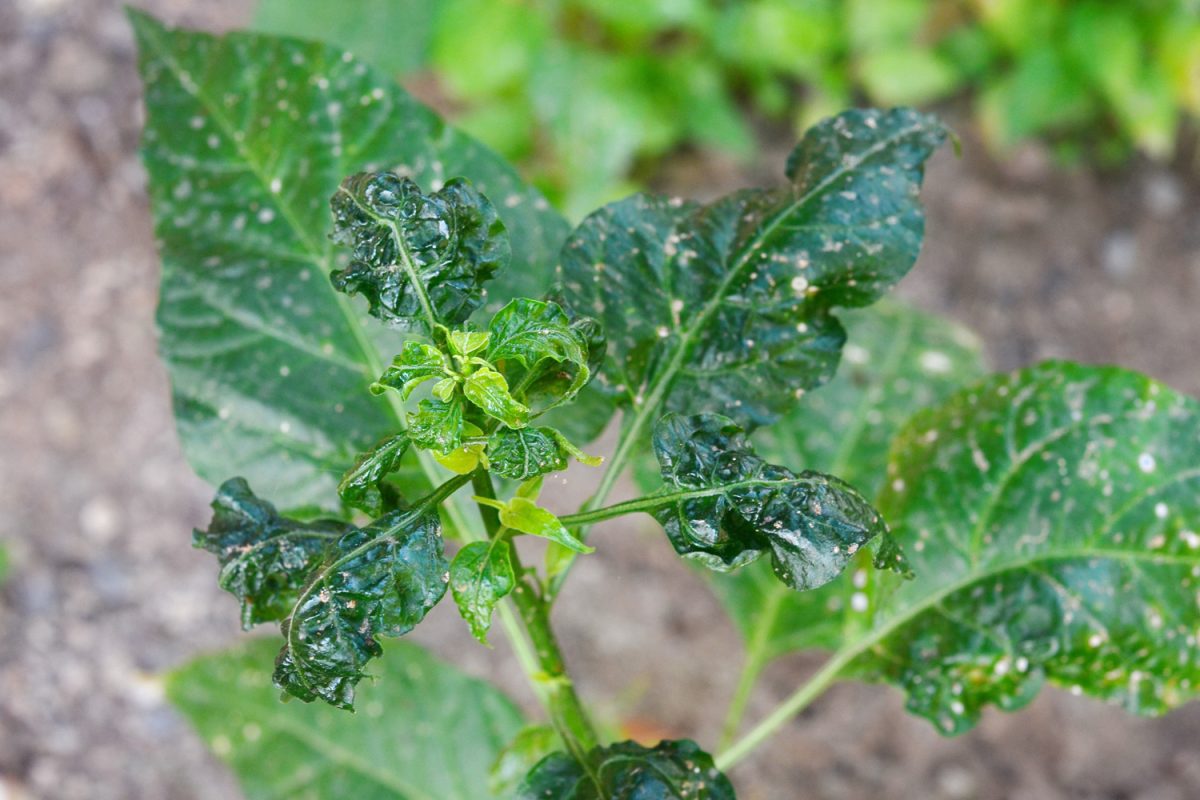
Broad mites have favoritism when it comes to the houseplants they would infest. They love to spread infestation on begonia, cyclamen, African violet, and more. They can cause significant harm to these plants' sprouting tips.
Broad mites are far too small to perceive with the naked eye. However, if you notice that the tips of your plants are twisted or curled, that is because of broad mites.
Mites spread so quickly that garden instructions advise gardeners to discard affected plants. Before discarding an infested plant, we suggest isolating it in a separate room or a garage and soaking it with Bonide® Mite-X to see if it can recuperate.
3. Fungus Gnat
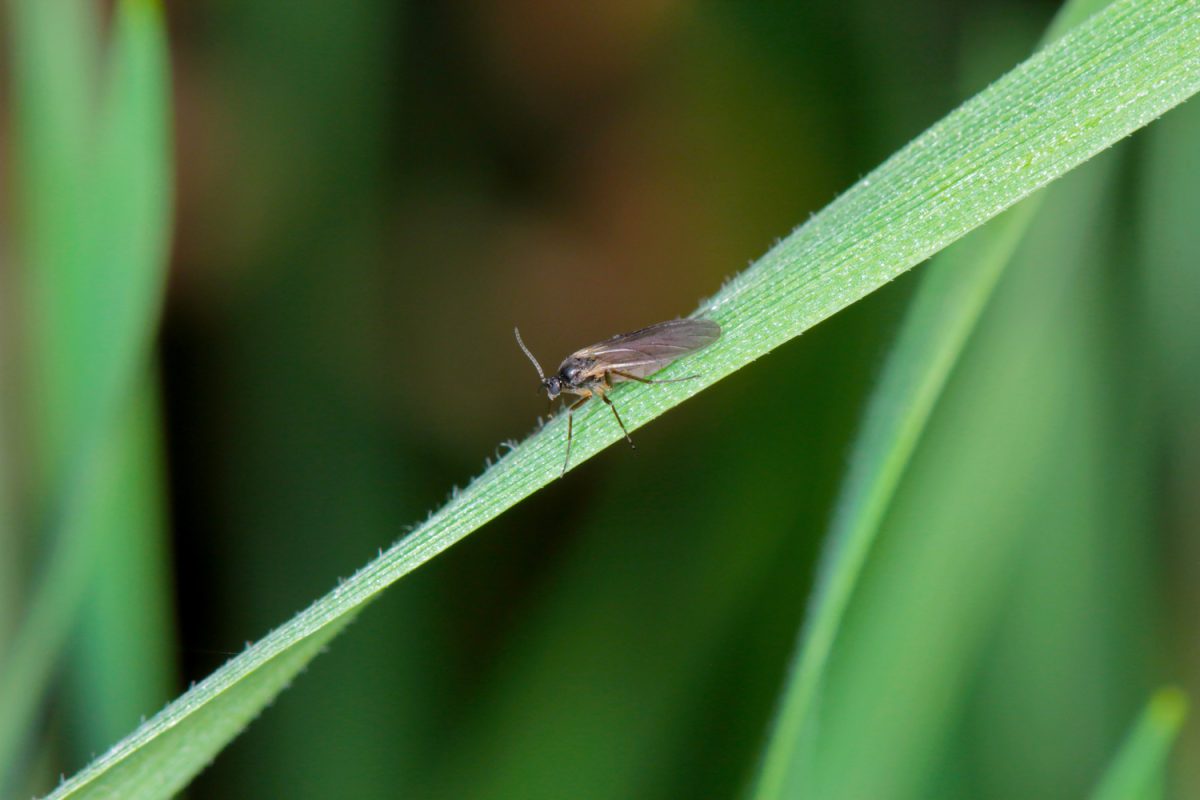
A gnat-sized fly lingers around houseplants, iPad, cellphones, computer screens, and any other light source. The fungus gnat adults are not an issue, but the youth or larval stage is. Moreover, they feed on the roots of your precious plants. Lastly, stubborn gnats prefer wet soil and dark environments.
If you want to quickly catch the fungus gnat adults and lessen these pests' population, it would be best to use sticky traps. However, if you prefer complete control over these pests, we highly suggest using Bonide® Systemic Granules, and it would help to use this with deep watering.
Furthermore, let the soil dry out for a few days to get rid of all remaining larvae and eggs. Placing dryer sheets is a great way to keep subsequent infestations at bay.
4. Leaf Miner
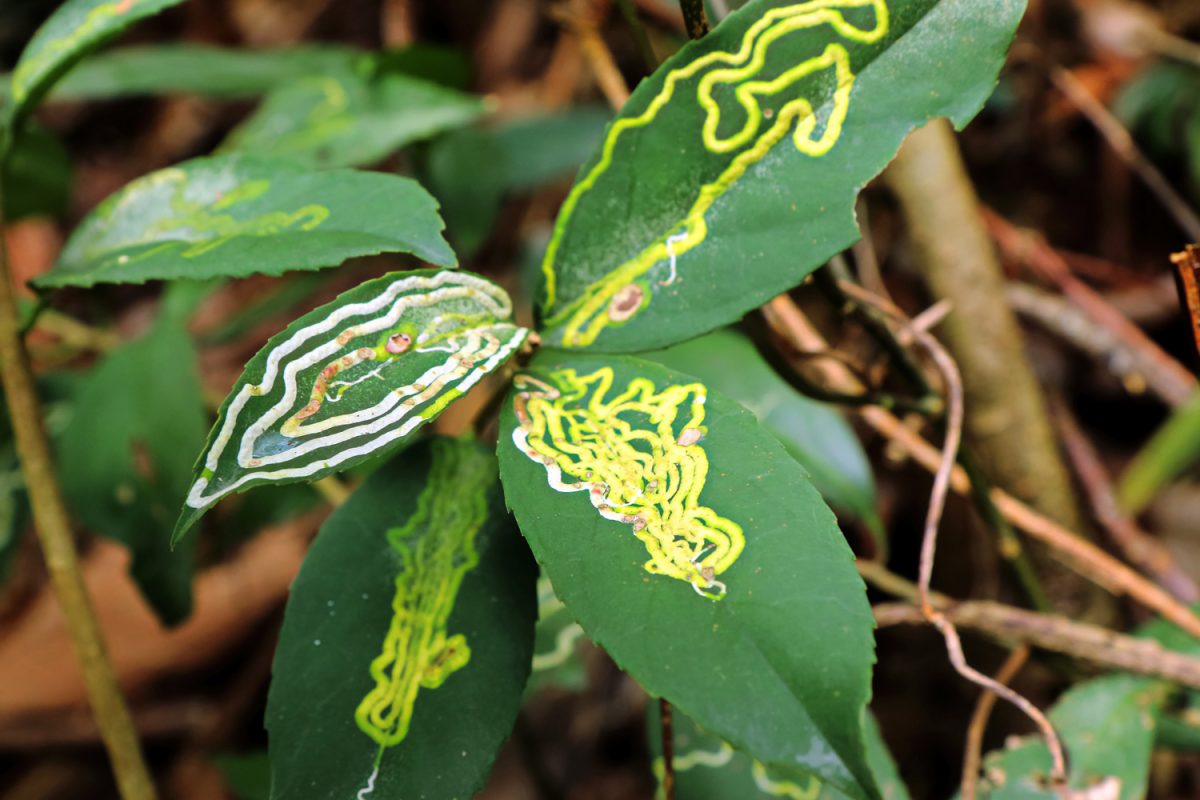
You can identify this annoying pest by squiggly lines running through a leaf. The larvae of a little black fly are known as leaf miners. The little black fly deposits its eggs in a leaf blade, and the larvae eat on the leaves until they are ready to fly.
Leaf miners harm edible greens such as spinach frequently leads to crop failure. They're just plain ugly on a houseplant.
To keep new flies from coming, use blue sticky tape to capture the adults and get rid of any damaged leaves. The most well-known organic alternative for this annoying pest is Bonide® Neem Oil, which you may apply on edibles or inside your home.
Check out this Bonide® Neem Oil on Amazon.
5. Mealybugs
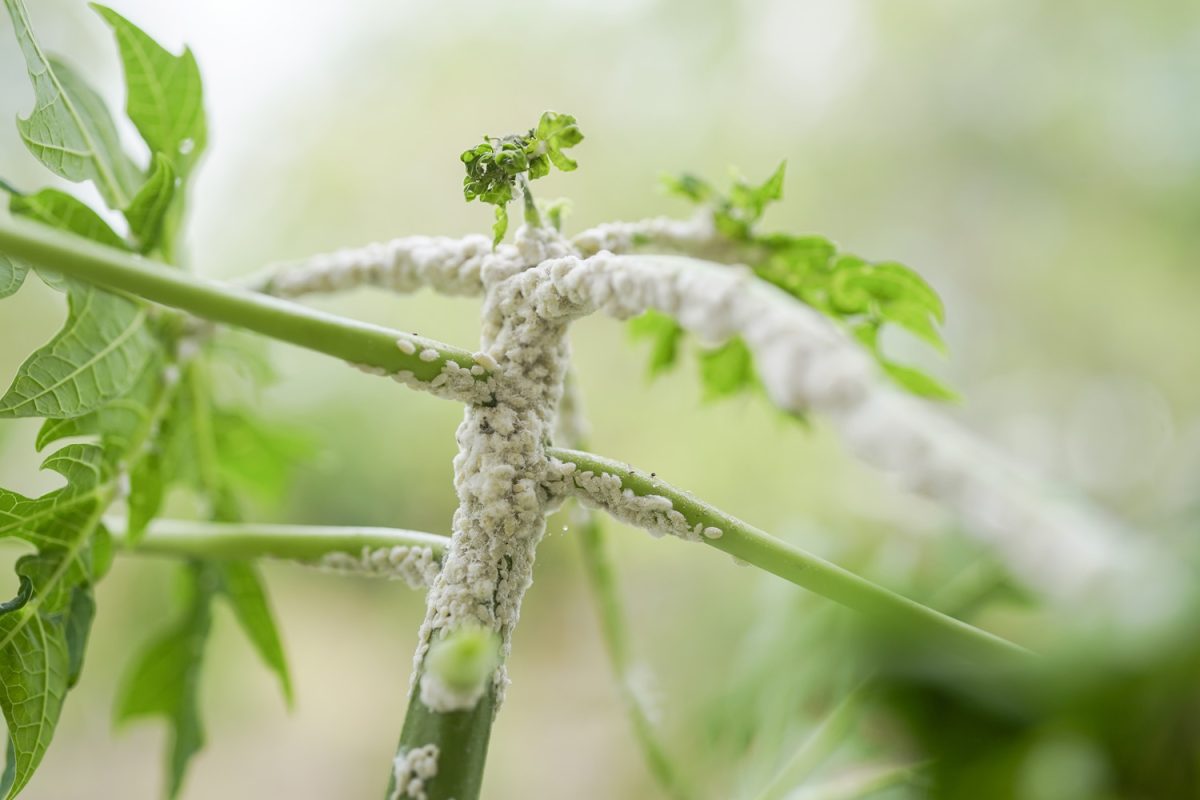
These pests are little white cottony lumps frequently connected to the plant at its stem joints. Mealybugs slowly suck plants to death, feeding on them. And even if you water the infested plants correctly and regularly, they will appear very dry.
Unfortunately, you will find getting rid of these pests challenging. But spraying Bonide® Insecticidal Soap multiple times will help you.
You should know that mealybugs can spread pretty quickly when they are indoors. So, we highly suggest that if you notice your plant is hugely infested, throw it out and start to grow another.
6. Scale
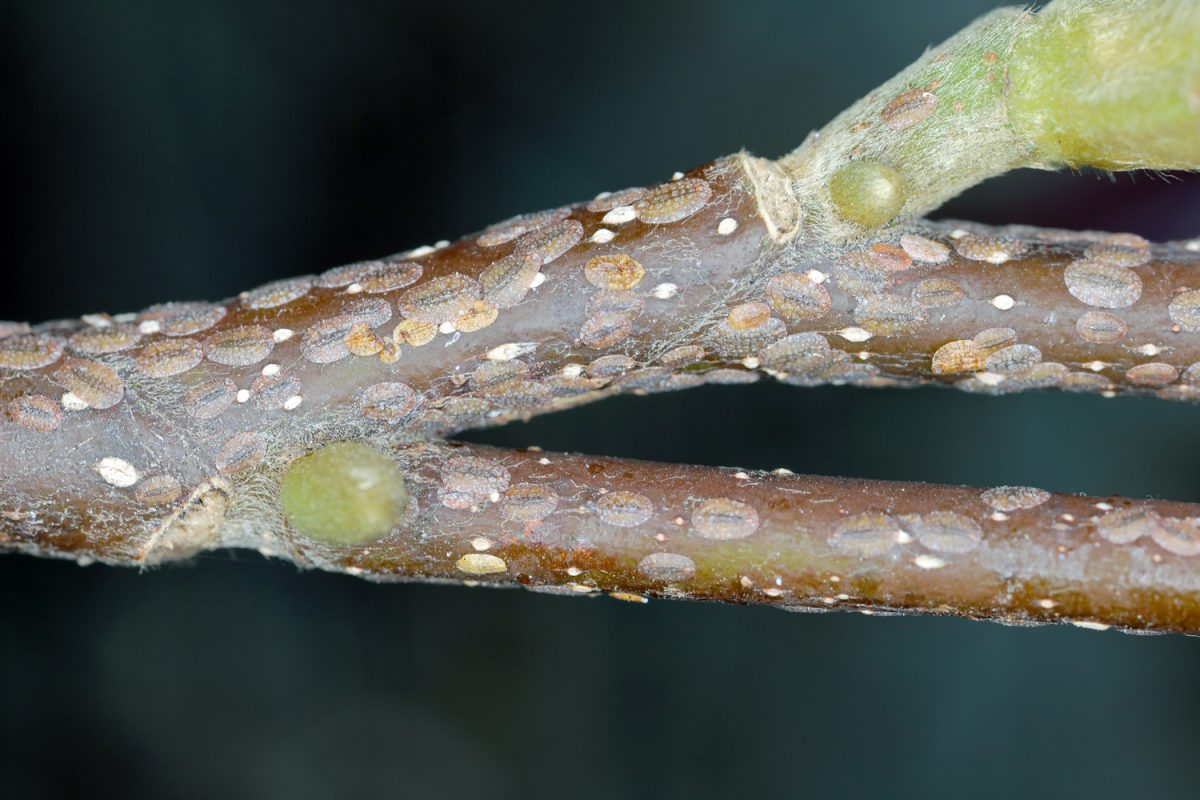
A scale is a tiny insect that sticks to a plant's stem and then envelops itself in a hard shell with an oval shape. They progressively suck the fluids of plants, leaving them too frail to feed themselves, much like mealybugs.
It's challenging to get rid of a scale infestation. Pesticides rarely get past the scale's thick outer layer. You can remove some with a brush with soft bristles or with your fingernail. However, the ideal alternative is to spray Bonide® Neem Oil every ten days and soak the roots in Bonide® Systemic Granules.
7. Springtail
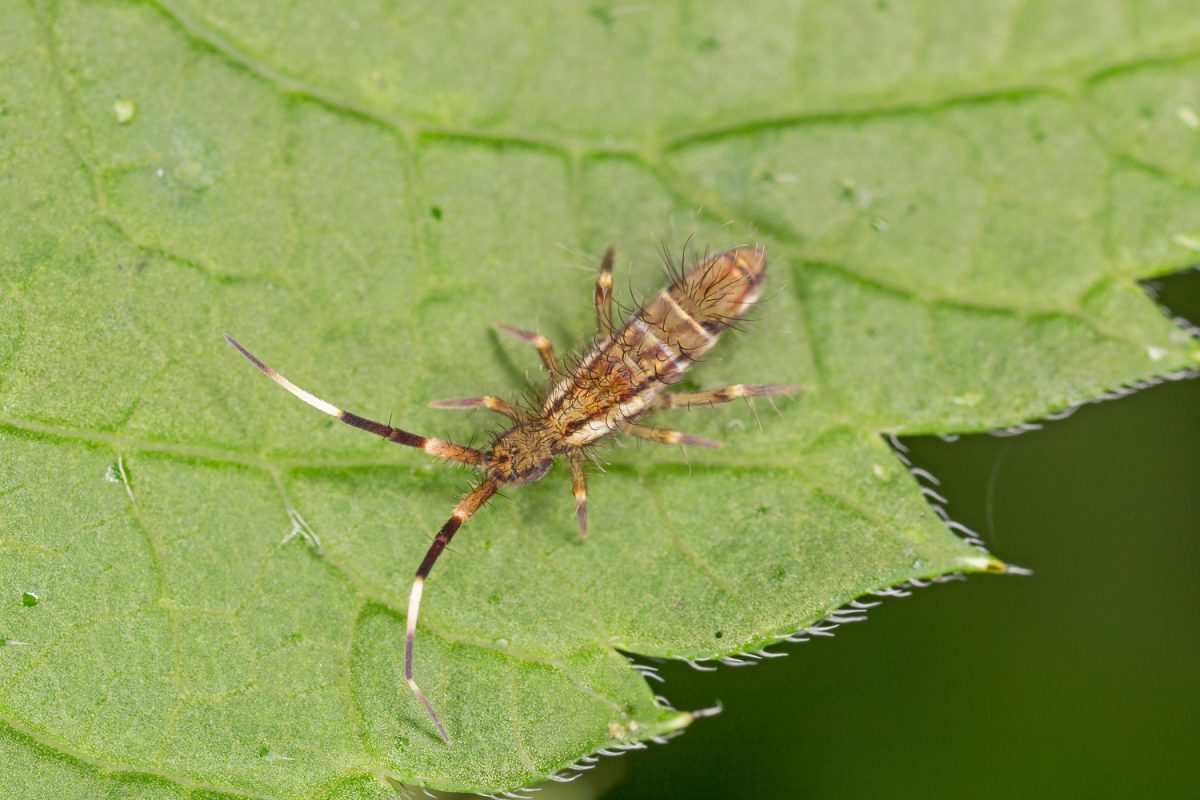
Springtails are wingless and tiny, and they jump like a flea for a few inches into the air when you disrupt them.
Springtails love to be in a dark room with damp potting soil. However, springtails only feed themselves on decaying roots of plants. So, they are harmless, and you should not stress over them, thinking they can damage your precious plants.
This pest becomes more noticeable when the soil dries out, and they seek dampness in the basement and bathrooms, causing an aggravation. Indeed, they won't harm your plants, but the thing is, they are still pests that you need to get rid of.
So, it would be best to vacuum springtails, use Diatomaceous Earth to dust the soil, or use Bonide systemic granules.
8. Thrips
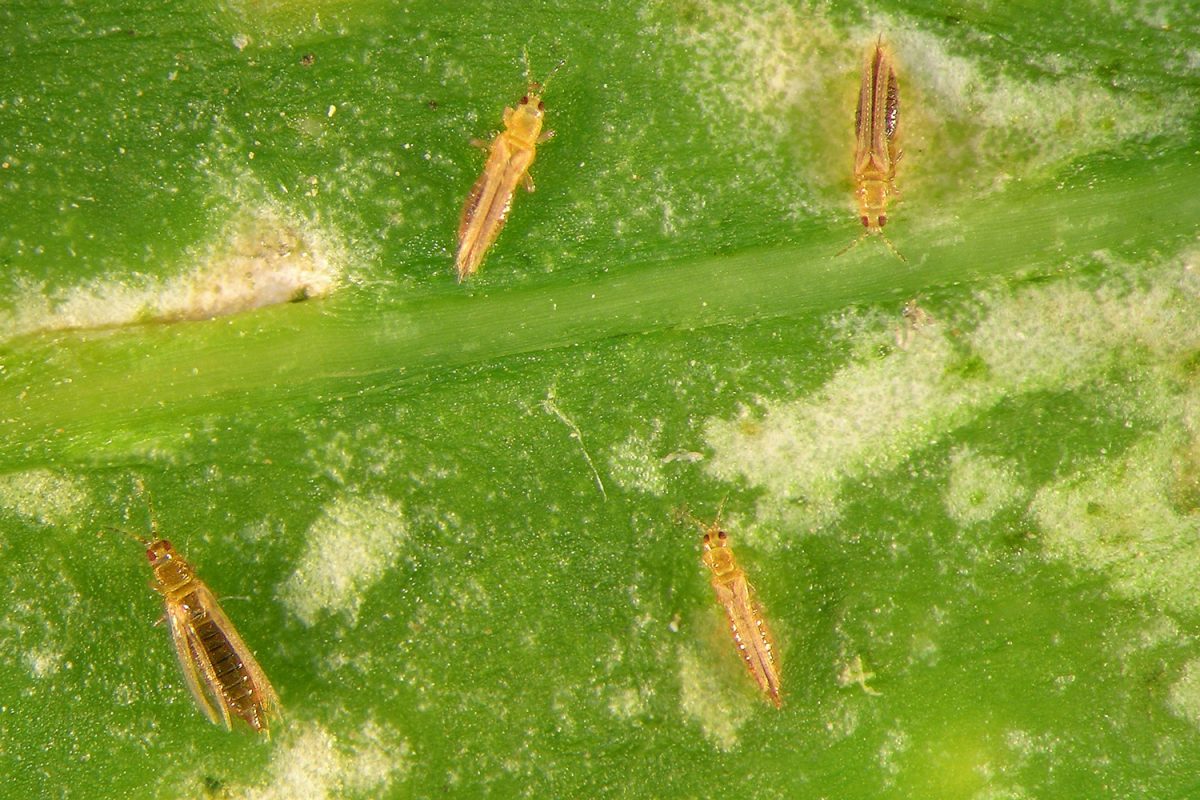
Thrips are tiny pests that cause significant harm to plants. And they eat in large batches. They generally dry flowers, destroy fruits, and scrape leaves.
Moreover, thrips raid in considerable numbers to deplete plants, deform growth, and spread infection.
Spray the whole infested plant using Bonide® Mite-X every ten days until you notice new, clean growth without misshaping. Concentrate your efforts on the undersides of leaves, where they usually prefer to congregate.
9. Whitefly
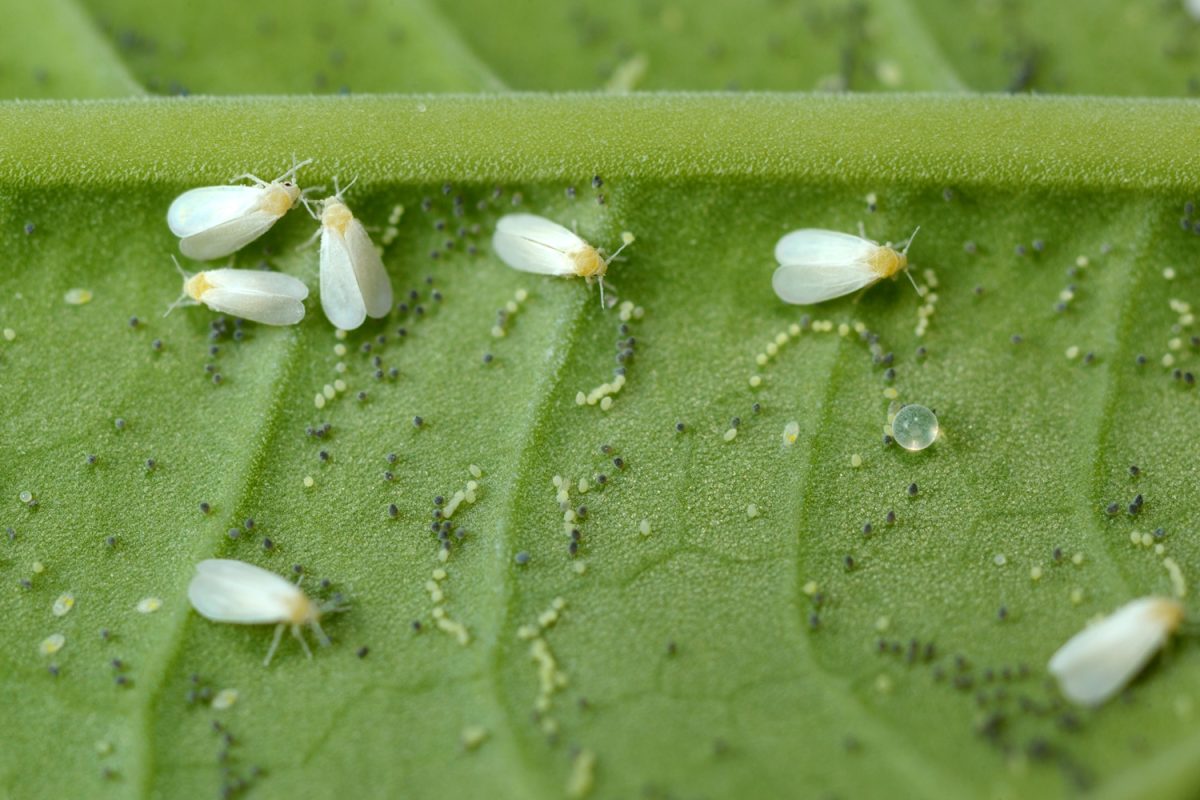
If you disturb these little whiteflies that typically hide in the underparts of your plant's leaves, they will fly in a puff. They feed themselves by sucking the stems and leaves of plants. And such a thing will make the plants weak, which also creates discolorations and warpings.
Because these pests reproduce very fast, capturing them as early as possible will make them easier to eradicate. So, if you want to get rid of them, it would be best to use sticky traps or spray Bonide® Insecticidal Soap into the whole infested plant.
Furthermore, you must ensure that you spray the Bonide directly on the whiteflies to get rid of them effectively. And it would help if you spray once more to control them correctly.
Wrapping Things Up
Now that you know how Bonide systemic granules work with spider mites and other houseplant pests, you should observe them and eliminate them as soon as possible to avoid more extensive houseplant damage.
Thank you for reading the entire post, and we hope you find it enjoyable. If you want to continue reading, you can check these posts out!
Does Vinegar Kill Springtails?




